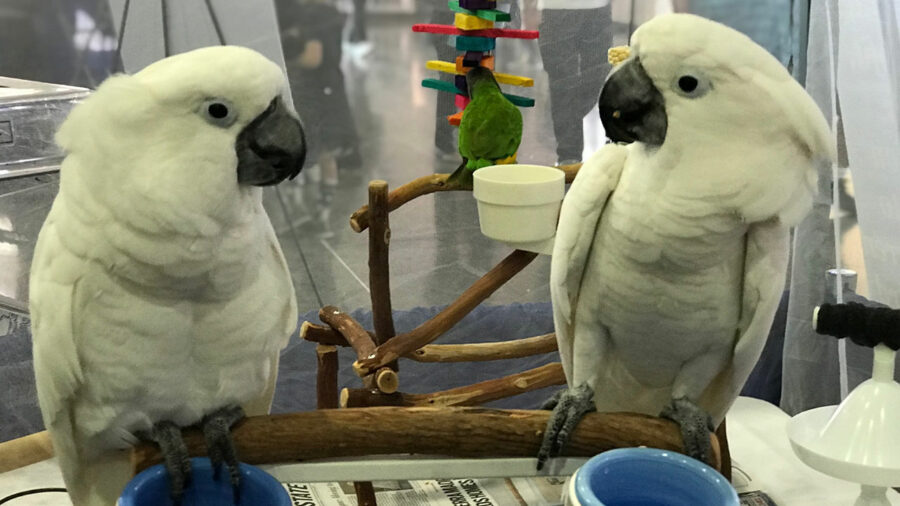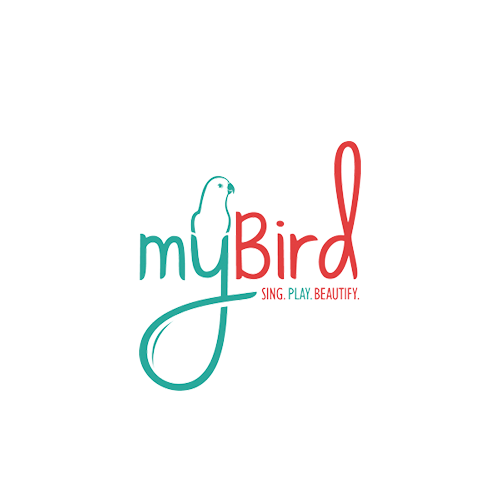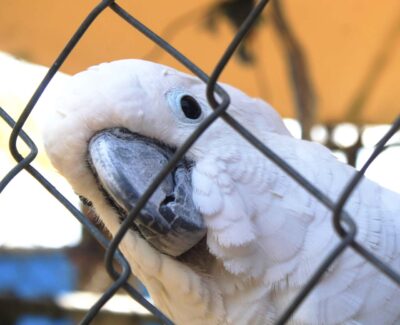
What to Know Before Sending Your Pet Bird to an Avian Boarding Facility
If you’re planning a trip and won’t be able to take your pet bird along, you’ll likely need to either hire a bird sitter or utilize a boarding facility that accepts birds. While the idea of leaving your feathered friend at an avian boarding facility may feel daunting, a little advance planning and preparation can help provide you with peace of mind while ensuring a safe and comfortable stay for your bird. Here are some key steps to take:
Find and research boarding facilities
Many pet boarding facilities do not accept birds, so the first step is to find one in your area that does. Once you’ve identified a few options, look for reviews and testimonials to confirm that other bird owners have had a positive experience with the facility. Additionally, try to find facilities that have obtained professional certifications indicating that their staff members are trained specifically in avian care. For example, the International Boarding & Pet Services Association (IBPSA) offers certifications for Avian Pet Care Providers and Specialists, with courses covering a variety of topics such as avian behavior, health, safety, and handling techniques. Choosing facilities with trained and certified staff can help ensure that your bird will be in a safe, healthy environment.
Visit the facility
Before making a reservation for your bird, visit the facility to observe the cleanliness, the size of the cages, and the overall environment. Talk to the staff and ask about their experience, qualifications, and how they handle emergencies. You might also want to inquire about what the boarding experience is like for pets, such as whether birds will have time outside their cages and how often staff members interact with the birds. An in-person visit is often the best way to get a good sense of whether the facility meets your standards and if the staff is knowledgeable and caring.
Understand the health requirements
In an effort to protect all guests and prevent the spread of infections, most boarding facilities impose specific health requirements that vary based on animal type. For birds, you may need to provide proof of a recent veterinary check-up or tests for diseases such as Psittacosis or Avian Polyomavirus. Ensuring that you have all necessary documentation in place prior to the boarding stay can help avoid last-minute stress. Additionally, keep a close eye on your bird’s health before boarding to watch for any signs of illness that need to be addressed, and inform the boarding staff about any pre-existing conditions or special care requirements.
Prepare your bird’s diet
Birds can be particular about their diet and sudden changes may cause stress or health issues, so make sure the boarding facility will be able to accommodate your bird’s dietary needs. Some facilities allow you to bring your own food, while others may have a set menu. Discuss your bird’s feeding habits, including any supplements or special treats, to ensure continuity.
Pack familiar items
Being away from home may be stressful for your bird; having familiar objects with them can provide a sense of security and help them feel more at ease. Therefore, be sure to pack your bird’s favorite toys, perches, and any comfort items (provided that the facility allows them).
Communicate your bird’s routine
Birds thrive on routine, and sudden changes can be stressful. Provide the boarding facility with detailed information about your bird’s daily routine, including feeding times, playtimes, and any specific behaviors or quirks. This will help the staff replicate the routine that your feathered friend is accustomed to, thereby ensuring that they feel comfortable and secure.
Provide critical contact information
In addition to making sure the facility knows how to get in touch with you if any questions or concerns arise, provide them with the contact information for your avian vet and an emergency contact who could potentially come pick up your bird in the event of any unforeseen circumstances.
Ask about costs and policies
Discuss the cost of boarding and what services are included, as some facilities may charge extra for additional services or special dietary requirements. Understand their payment policies, cancellation policies, and any other charges that may apply.
By following these steps, you’ll be able to enjoy your time away while knowing that your bird is in a safe, comfortable, and enriching environment. Are you looking for a qualified avian boarding facility in your area? Check out our list of IBPSA Member facilities that accept birds!




